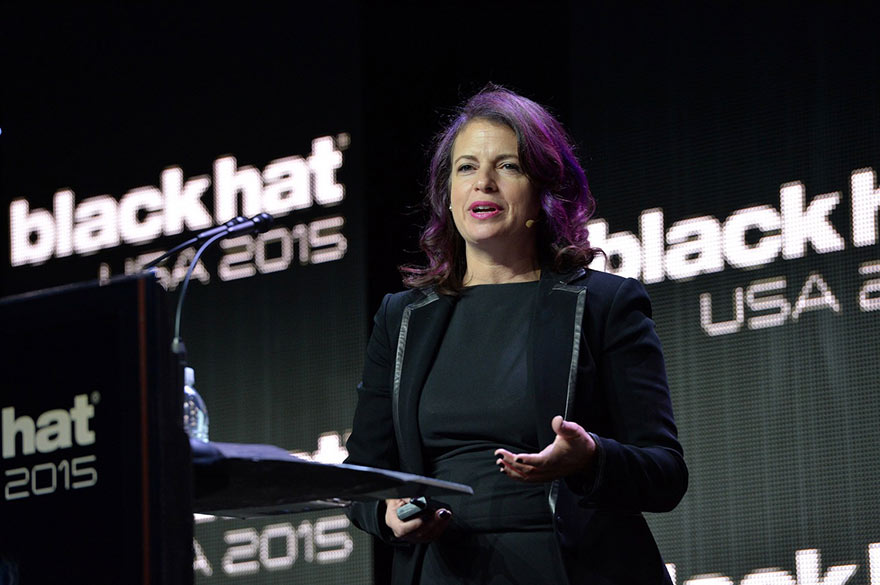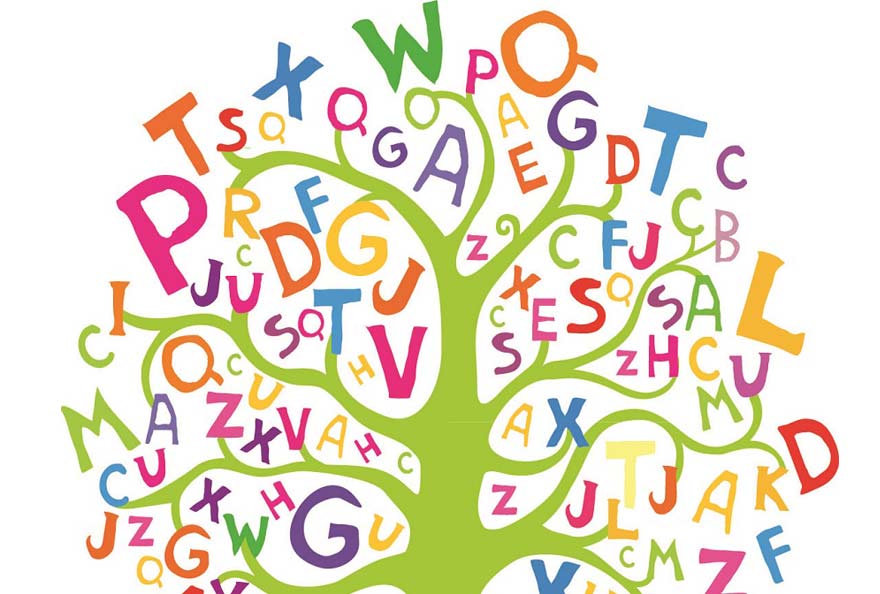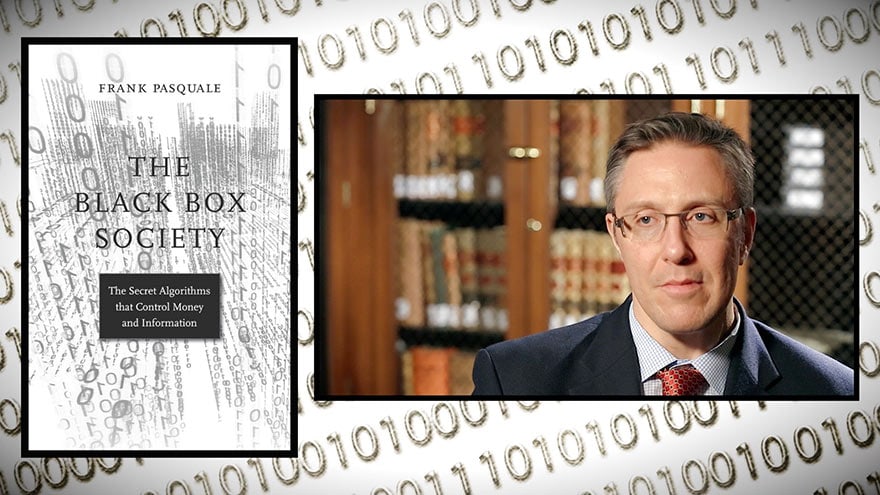For some time now, several voices have been regularly heard alerting us to the end of the dream of the Internet. From liberator, the global network would have become, in two decades, oppressive or more prosaically centralized and emptied of ideals. One of the last audible alerts was issued by Iranian blogger Hosseiin Derakhshan, with his cry: "The Internet has become the only way to liberate the world. Internet is cowering ». When he left the prison where he had spent six years for a crime of speech, the blogger could no longer find the decentralised network that had earned him the wrath of his country's justice system. He now sees only "likes" following ideas and a continuous flow of images following texts. «The Internet used to be a serious and powerful enough thing to put me behind bars. Today, it's apparently little more than a hobby. ".
Is the dream of the Internet over? At least that's what Jennifer Granick thinks in a resounding lecture she gave at the end of August. Director of Civil Liberties at Stanford University's Center for Internet and Society, this influential and well-respected jurist in the Internet world offers an analysis that should mobilize all those who still believe in a liberating Internet.
We have chosen to retranscribe for UP' readers the great moments of this conference at the Black Hat 2015 in Las Vegas.
" Twenty years ago, I believed in a free, open, interoperable Internet: a place where everyone could express themselves freely and where anyone who wanted to hear it could listen and respond. I believed in the hacker ethic: information should be freely available and computer technology would make the world a better place. I wanted to be part of that dream - the dream that freedom on the Internet would become a reality. As a lawyer, I wanted to protect hackers and coders from the predatory attempts of the law so that they could contribute to this important work.
But today, that dream of Internet freedom is dying.
For better or worse, we have prioritized things like security, online civility, user interface, and intellectual property over values like freedom and openness. The Internet is less open and more centralized. It is more regulated. And on top of that, it's less global, and more divided. These trends - centralization, regulation and globalization - are accelerating. And they will define the future of our communications network.
Twenty years from now,
- You won't necessarily know much about decisions that affect your rights, such as getting a loan, a job, or a car. All these things will be decided by computer algorithms, and no human will really be able to understand the motivations and reasons for them.
- The Internet is going to become much more like television and much less like the global conversation we envisioned 20 years ago.
- Rather than being overthrown, existing power structures will be strengthened and replicated, and this will be particularly true of security.
- The design of Internet technology will increasingly facilitate rather than undo censorship and control.
This is not a foregone conclusion. To change the course of these trends, we must ask questions and make difficult decisions.
What does it mean for companies to want to know everything about us, and for computer algorithms to make life and death decisions? Should we be more concerned about another terrorist attack in New York, or about the ability of journalists and human rights activists to continue working? What level of freedom of expression does a free society really need?
How can we stop being afraid and start being aware of this risk? Technology is evolving in a golden age of surveillance. Can technology now establish a balance of power between governments and the governed to guard against social and political oppression? Given that decisions made by private companies define individual rights and security, how can we act to ensure that the public interest is protected and innovation is allowed? Who is responsible for digital security? What is the future of the dream of freedom on the Internet?
The dream of Internet freedom
For me, the dream of Internet freedom began in 1984 with Steven Levy's book "Hackers, Heroes of the Computer Revolution. ». Levy told us the story of ancient coders and engineers who believed that all information should be freely available. They imagined that computers would allow people to make their own decisions about what was right or wrong. Empowering people depended first and foremost on the principle of decentralization. Decentralization was in the very DNA of the Internet in its infancy; intelligent terminals, but silent pipes, that would carry what the intelligence of the human mind could create, to whomever would want to hear it.
Today, our ability to know, modify and trust the technology we use is limited both by law and by our ability to understand complex systems.
Do-it-yourself" is a must
Do-it-yourself is a must. "Freedom to tinker" might sound like a hobby, but it's very important. This idea encompasses our ability to study, modify and ultimately understand the technology we use - that structures and defines our lives.
Without the freedom to "tinker", the right to debone these products, we will live in a world of opaque black boxes. We don't know what they do, and we will be punished if we try to enter them.
Yet technology is generating more information about us than ever before, and will increasingly be able to do so. This is profoundly changing the balance of power between us, businesses and governments. In the next 20 years, we will see astonishing advances in artificial intelligence and machine learning. Software will decide whether a car can run with one more passenger, or start under certain conditions. Software will decide who gets a loan and who gets a job. But because intellectual property law will hermetically protect these programs, then the public will have absolutely no idea how these decisions about them are made. Professor Frank Pasquale has called it the Black Box Society.

The Black Box Society
In a Black Box Society, how do you know whether the outcome produced by these systems is in the public interest? The first step is obviously transparency, but our ability to understand is limited by current law and also by the limits of our human intelligence. Moreover, the companies that make these products may not necessarily know how their product works because of the complexity and autonomy of the algorithms. Without adequate information, how can we democratically monitor and control these decisions? We will have to learn to live in a society that is less fair and less free.
For the moment, there are still few regulations on software security. But that will change. In a world where software is increasingly opaque and closed, ubiquitous, software liability is inevitable and necessary. This will make code more expensive, more conservative, less innovative.
How did we get here?
We have moved from an end-to-end internet - that is, a decentralised, democratic, neutral internet, where intelligence was at every end and not in the pipes - to an internet of smart pipes that opens up new business models, differentiated quality and prices and locks people into proprietary networks such as Facebook, Android, Apple or TenCent. As Tim Wu said in his book The Master SwitchIn this new cycle, the Internet will eventually become the equal of television. The time has come for centralisation, regulation and globalisation. The next billion Internet users are likely to come from a country without first amendment, from a country that does not respect human rights, perhaps even from a country without due process or the rule of law.
But if we blame companies and governments, we also have to make our own mea culpa as users. Yes, we do. We, who left blogs for Facebook, our mail servers for Gmail, gave in to the benefits of the cloud, this oligopolistic computing that reinforces control, surveillance and regulation. The first victim of this centralization is privacy. And the law has failed to protect us from the proliferation of data capture.
Security is not the opposite of privacy
If we are to have a chance of returning to the dream of freedom on the Internet, we must implement legal reforms to end the suspicion of widespread espionage. We must protect our e-mails and data. We must totally reject secret surveillance laws, because secret law is an abomination in a democracy. But are we going to do all that?
Security is not the opposite of privacy. You can improve security without infringing on privacy - for example, by locking cockpit doors. In fact, privacy protects security. A human rights activist in Syria or a gay man in India need privacy to avoid being killed. We should think about security with more nuances, rather than just thinking about security at the expense of other people's security. Because thinking like that does not build the security of a global network.
The development of large proprietary networks has increased control and censorship. Copyright has always been the primary cause of censorship, but the development of ownership extends it further. The problem is that people applaud when Google removes porn revenge content, when Youtube removes Daech's propaganda videos, when Twitter adopts tougher policies on racist tweets. Censorship is getting stronger and stronger: by putting pressure on platforms and intermediaries, governments can indirectly control what we say and what we experience.
How much freedom of expression does a truly free society need? How much sovereignty must a nation give up, to allow a truly global network to flourish? We have a choice between balkanizing the network and a race to the bottom that will soon make it look like television. What will we choose?"
Sources : alirailleurs
Full video of Jennifer Granick's lecture:













